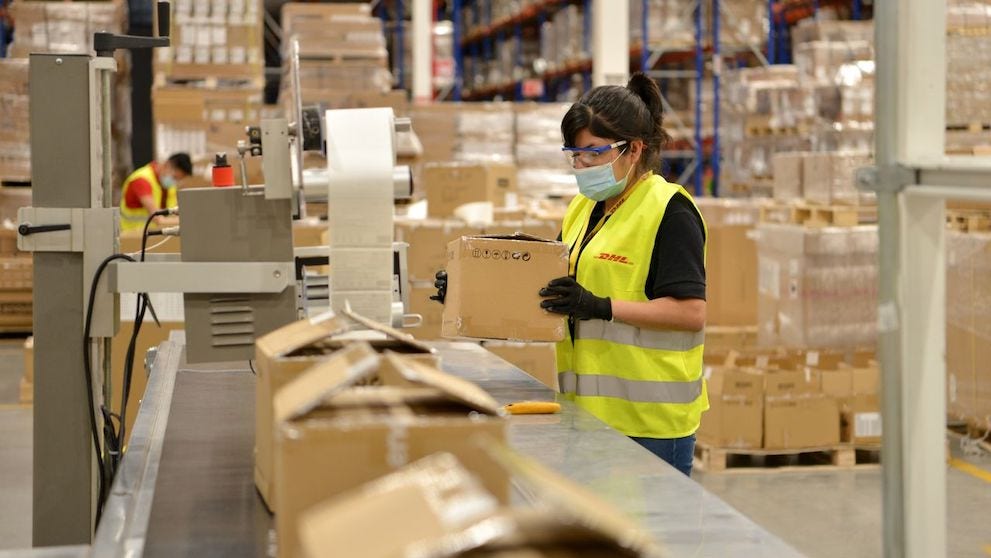
Across the world, strong economies hinge their longevity upon youth possessing the necessary skills to enter the workforce and contribute meaningful, value-adding work. However, youth who have completed their formal education often find themselves struggling to secure a well-paying position, with many corporations skeptical of the work-readiness of fresh graduates.
A 2021 CMI report highlights the following:
80% of employers think fresh graduates aren’t work-ready
Only 27% of students demonstrate skills directly linked to employability
Only 25% of students are confident about their job application skills
Only 18% are confident that they know how to write a proper CV
Furthermore, youth who lack the privilege to pursue or complete a formal education tend to be especially out of touch with prevalent workforce norms in SMEs and MNCs.
Altogether, it is evident that something must be done to better prepare the youth to enter the workforce — to empower future generations with a greater job and financial security, and to sustain or pursue further success in established economies.
The need for strategic workforce planning
Although schools worldwide are adopting practices such as providing career guidance programs for their students in their curriculums, businesses should also look to play a part in preparing youth for employment.
After all, businesses have a direct stake in the competence of the youth as a workforce, and partaking in strategic workforce planning can also help businesses unlock meaningful value, such as employee loyalty from beneficiaries; fresh perspectives brought to the table; relative ease in trainability; and generally higher degrees of tech-savviness that can facilitate streamlining of outdated processes.
Here are three ways businesses can contribute to strategic workforce planning with regards to preparing the youth for employment:
1. Internship programs
According to a research article by Forbes, one of the many reasons youths fall short of being work-ready is because they are much less likely to have had any meaningful involvement in real work environments prior, as compared to previous generations.
Internship programs as a means of workforce planning are a great way to bridge the gap between what students learn in school and the demands of actual work. For example, the AIESEC Internship Program by DHL Express offers undergraduates the opportunity to gain first-hand experience in real working environments, and empowers youth with knowledge and skill sets transferrable to future workplaces regardless of career choice.
Internship programs also benefit the businesses that offer them, in terms of providing an employee candidate pool for future recruitment efforts, and its providence of cost-friendly support to current employees and operations.
2. Career talks
Another big factor that inhibits youth from entering the workforce is the lack of guidance when it comes to career planning and management. While most turn to family and friends for advice, the help they get in this manner is often limited. As a result, many youths find themselves making the wrong career decisions, or being ill-prepared to meet expectations when pursuing their desired career path.
Businesses can help alleviate this while also engaging in strategic workforce planning through career talks or other forms of career guidance programs for students. Through such efforts, companies can connect with hundreds of prospective employees while also giving youth access to valuable resources, such as first job tips, information on opportunities available in the market, and a peek into expectations and norms that populate real working environments.
3. Skills-sharing
Lastly, if they are to contribute to the economy as a reliable workforce group, the youth of today must also be equipped with the nuanced skills and knowledge required of them to perform well as professionals. However, industry-specific expertise can be difficult to incorporate into formal education curriculums, due to their sheer number and nature of specificity.
Businesses should thus step up in this regard to fill the gap through often-profitable investments into strategic workforce planning via skills-sharing programs. They can be held online or in-person at little to no cost, and while offering youth hands-on experience with practical work skills, also helps companies bridge skills gaps existent in prospective employees looking to join the workforce.
A better tomorrow for all
The GoTeach program by DHL Express aims to improve employability of youths around the world, and better prepare them for joining today’s complex workforce.
By interweaving career guidance and proactive skills-sharing into an all-in-one program, DHL Express supports youths worldwide to live independent lives through greater employability and increased access to employment opportunities.











